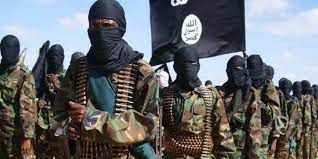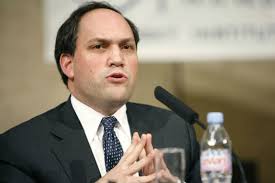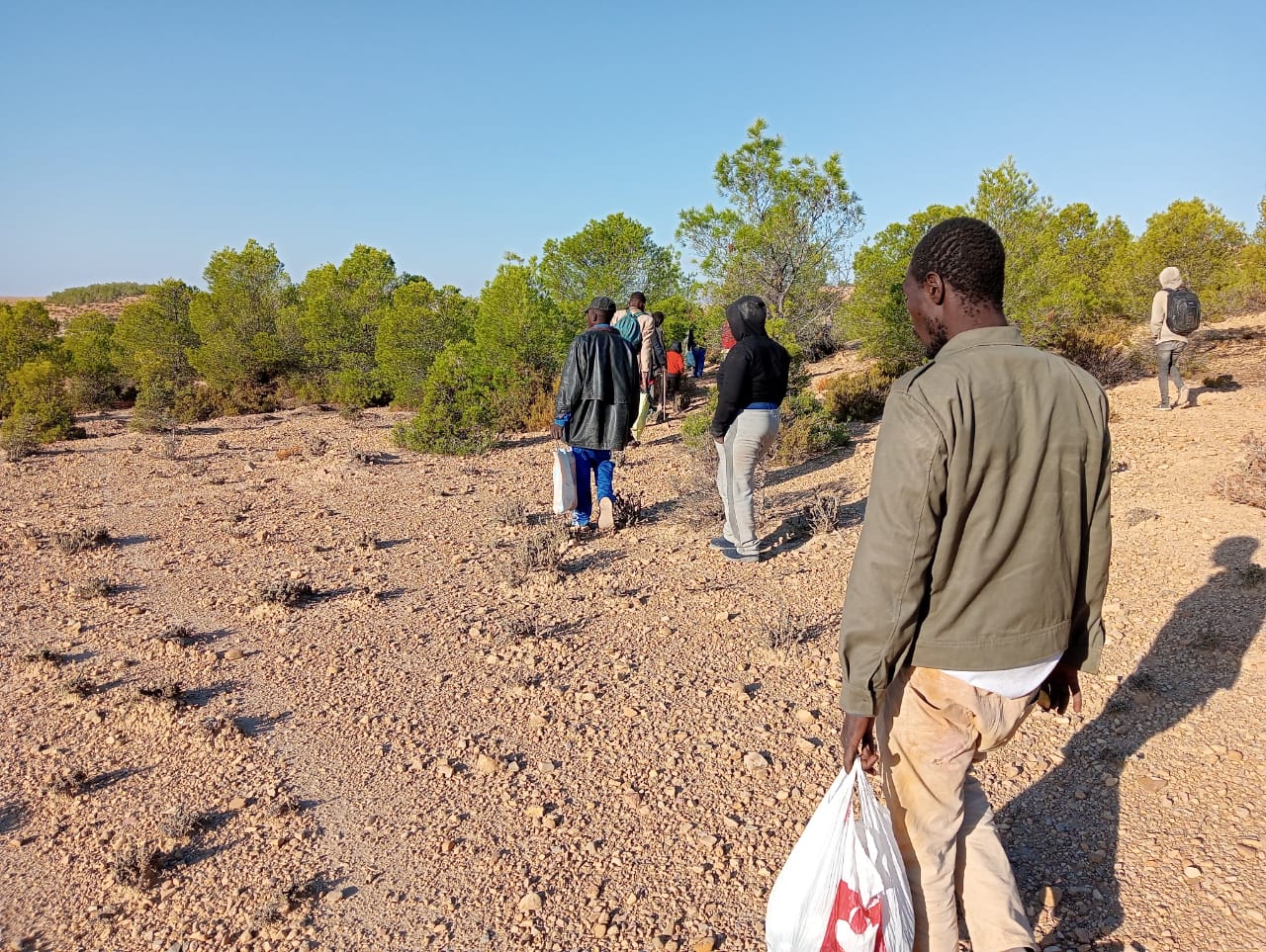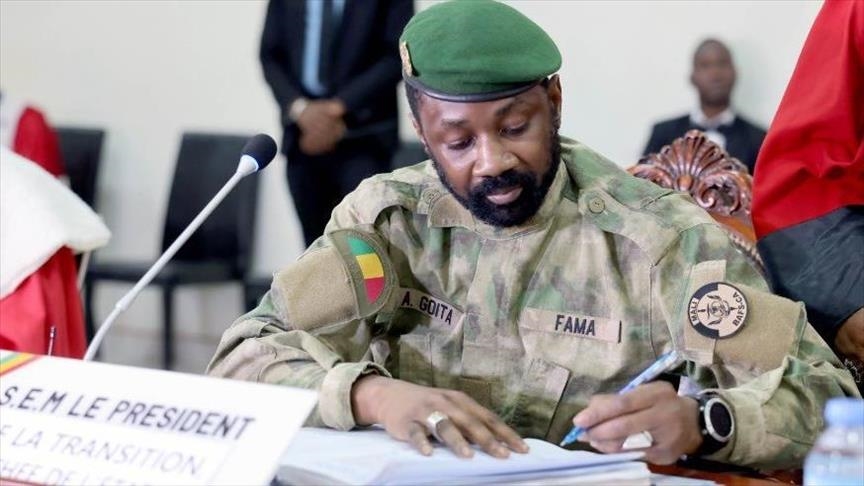International and regional efforts to combat armed groups linked to al-Qaeda, the Islamic State and other extremist groups have failed to stop their expansion in Africa’s Sahel region, a senior United Nations official has warned.
The joint force set up in 2014 to combat groups linked to al-Qaida, ISIL (ISIS) and others in the Sahel, which has in the meantime become a hot spot for violent extremism, has failed to stop their inroads, according to UN Assistant Secretary-General for Africa Martha Pobee. She also told a UN Security Council meeting on Tuesday (16 May) that without greater international support and regional cooperation, the instability will expand toward West African coastal countries. “Resolute advances in the fight against terrorism, violent extremism, and organized crime in the Sahel desperately need to be made,” said Pobee, adding that “the devastating effects of the continuing destabilization of the Sahel would be felt far beyond the region and the African continent.”
The counterterrorism force, which includes Burkina Faso, Chad, Mauritania and Niger, lost Mali a year ago when its ruling junta decided to pull out. Pobee said the force has had to adjust to new realities after France’s withdrawal from Mali because of tensions with the military government, and the latter’s decision to allow Wagner mercenaries to deploy on Mali’s territory. Burkina Faso and Niger have recently strengthened military cooperation with Mali to counter a surge in attacks, but “despite these efforts, insecurity in the tri-border area continues to grow”, she said. Eric Tiaré, the Executive Secretary of the regional G5 Sahel force, said experts have put forward a new concept of operations that is yet to be endorsed by the African Union. “Given that the Sahel is at a crossroads, as it is seeing many threats to international peace and security, it’s absolutely vital that we provide support to the force,” Tiaré said. “The force needs what it has always lacked and what it has always sought – that is sustainable funding and equipment as we seek to counter terrorism.”



